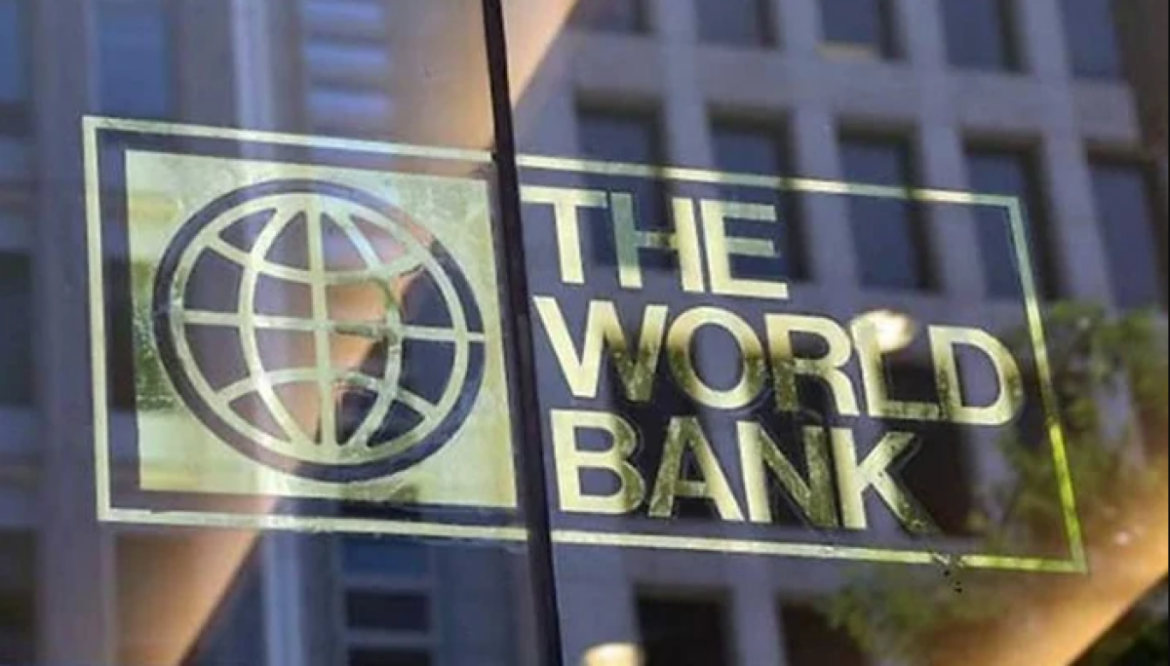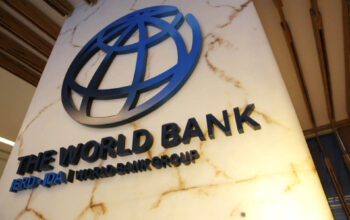By Staff Reporter
ISLAMABAD: Pakistan should increase taxation of high-income earners, especially those who derive income from agriculture and property, and withdraw regressive tax exemptions, the World Bank said.
The bank’s lead country economist, Tobias Haque, and country director, Najy Benhassine, said the provincial governments should tax the wealth of people in these sectors, which account for most of the untaxed income in the country, to improve public services and reduce the fiscal burden on the center.
Haque said the government could generate two percent of GDP from property and one percent of GDP from agriculture, sectors that are largely untaxed or under-taxed.
A detailed policy paper submitted to the government recommends reducing or refining the current 12.5-acre tax exemption threshold for agricultural land, establishing reliable records of land ownership, harmonizing the three valuation systems for property, and increasing property tax rates to match comparable countries.
The bank also suggested improving the policy and legal framework to ensure that peri-urban settlements outside municipal boundaries are subject to appropriate land taxation.
“Pakistan is in a very difficult position. The fiscal deficit is unsustainable. There is a need to reduce the expenditure and increase revenue. This means that the government is required to do difficult reforms,” Haque said. “The World Bank firmly believes that the revenue reforms should be targeted at increasing revenue from the sources where the very wealthy derive income.”
Pakistan’s revenue collection is among the lowest in the region, while tax rates on existing taxpayers are among the highest, indicating a narrow tax base. The country’s total revenue averaged 12.8 percent of GDP in the past decade, substantially lower than the South Asian average of 19.2 percent. Moreover, total revenue has been declining over time.
The bank advocated reform advice to Pakistan mainly focusing on broadening the tax base by bringing individuals and individually-owned businesses, including retailers, into the tax system, reducing the tax-free threshold, and simplifying the structure of the personal income tax.
The bank also suggested reducing subsidy expenditures, improving the functionality of the sales tax system, and increasing social protection spending.
However, it did not advocate lowering income tax exemption for salaried people to Rs50,000 per month, as reported by some media outlets. “The World Bank certainly does not recommend any reduction in the current nominal threshold,” Haque said. “We are recommending, overall, a comprehensive tax reform that would make the overall system much more progressive.”
The bank also recommended that Pakistan should simplify its income tax structure, aligning it for both salaried and non-salaried individuals, while ensuring progressivity. The exemption limit should be determined based on updated analysis, taking into account recent inflation and labor market changes to ensure that low incomes are not adversely affected.
More importantly, the WB advocated a comprehensive package of tax and expenditure reforms to reduce unsustainable fiscal deficits. It emphasised the need to protect the poor throughout the reform process, including through increased social protection expenditures.
“Reforms should include reducing subsidy expenditures, closing regressive tax exemptions, and increasing taxation of high-income earners, including via improved taxation of agriculture, property, and retail sectors,” it said, insisting that “most importantly, this reform should increase the progressivity of the system.”
Copyright © 2021 Independent Pakistan | All rights reserved




